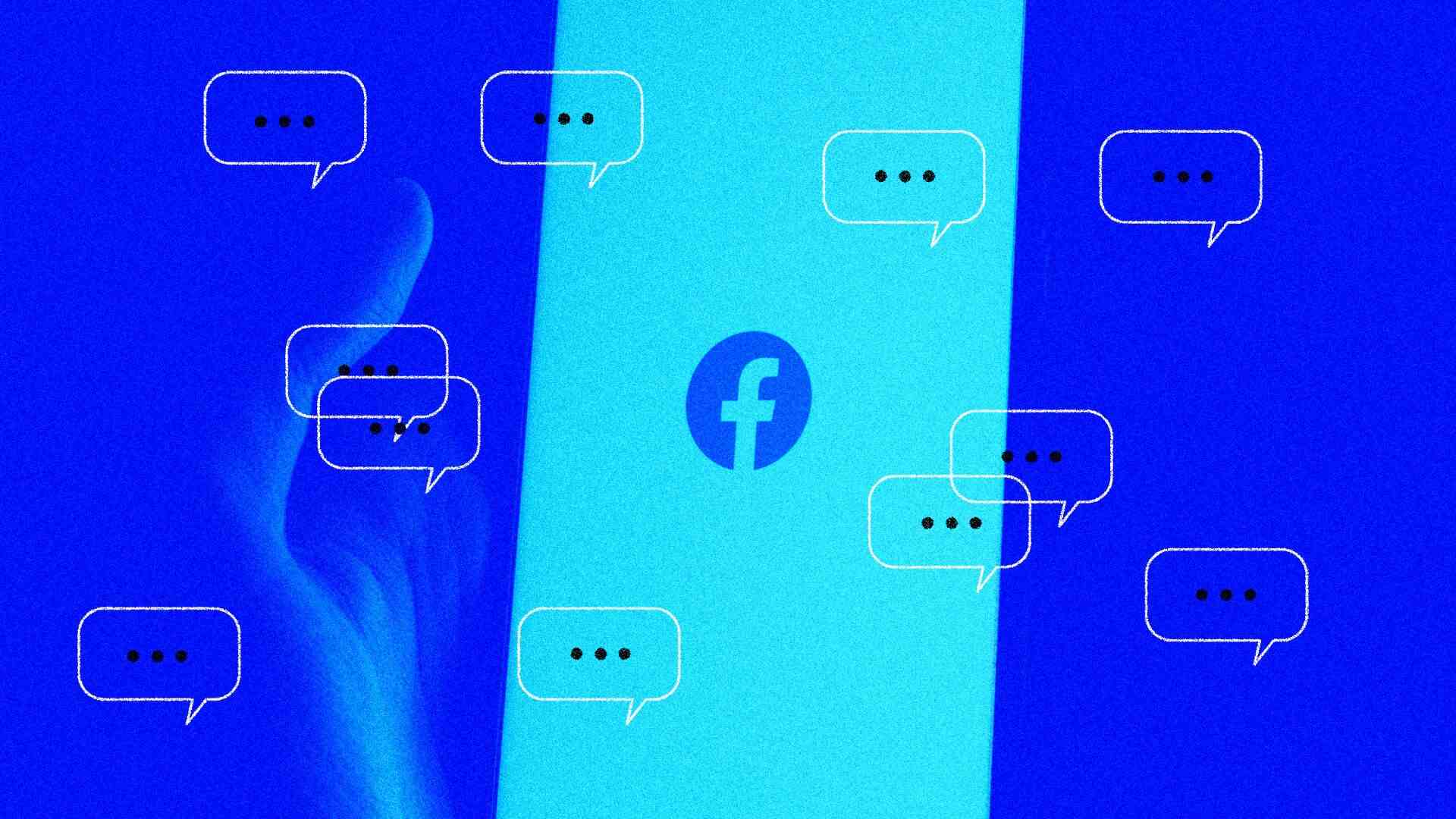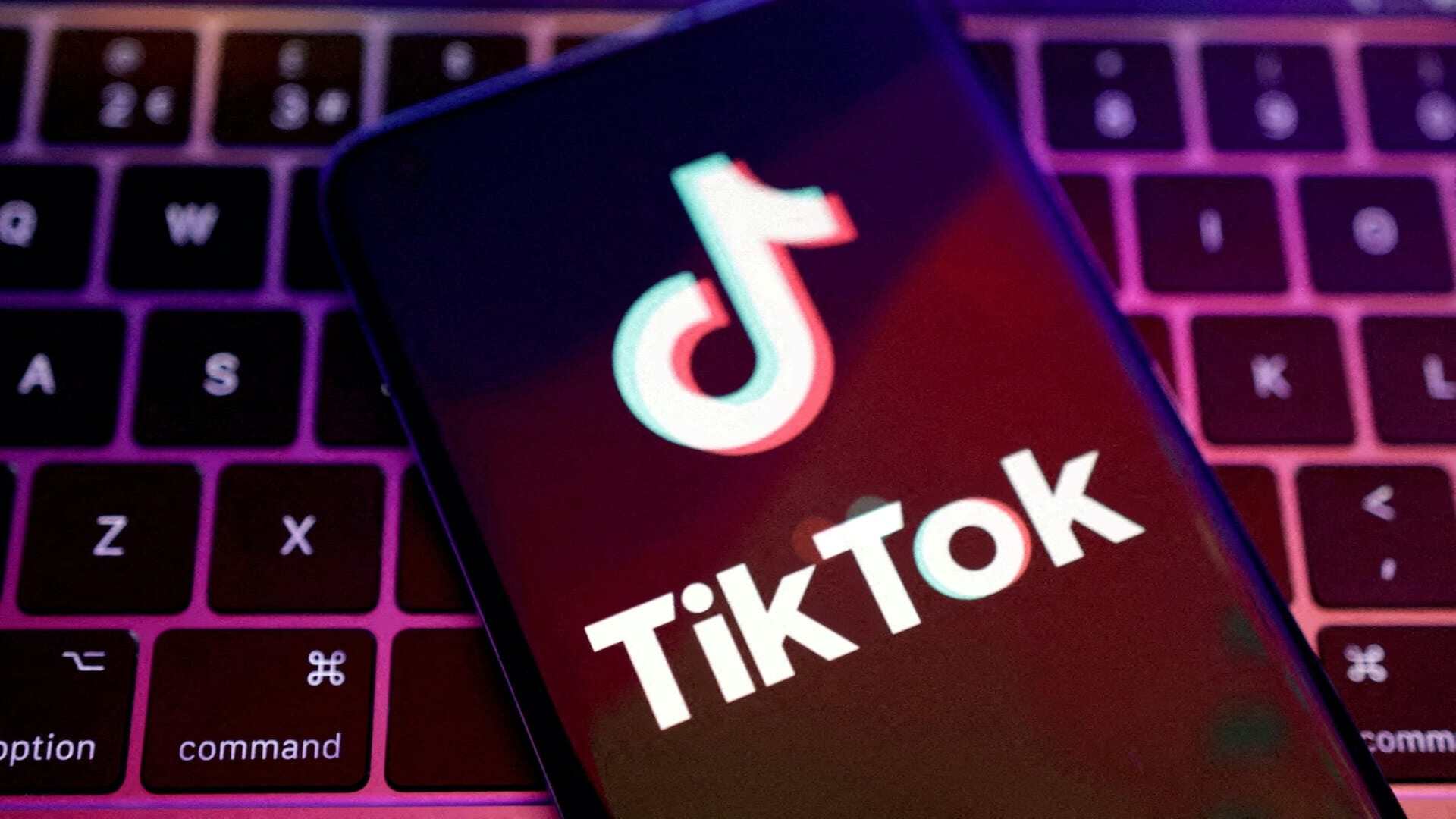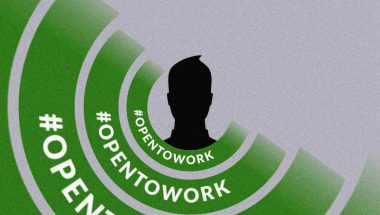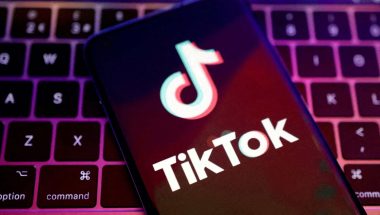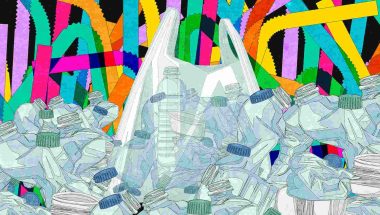- | 8:00 am
What it’s like to watch 243 startups give one-minute pitches
Y Combinator’s Winter 2024 Demo Day compressed the state of the startup economy down to its basics. (Yes, AI is big this year.)

A disclaimer about this newsletter’s title: I didn’t quite watch 243 one-minute startup pitches myself during Y Combinator’s Demo Day last week. I think I probably set a personal record for pitch consumption, though. It was a rewarding experience, albeit an occasionally dizzying one.
When Y Combinator began holding Demo Days, a handful of budding tech companies got 10 minutes of face time apiece to sell themselves to prospective investors. That was almost two decades ago.
The famed startup accelerator held its Winter 2024 Demo Day on April 3 and 4 (yes, that’s two days, but who’s counting?). This time, 243 startups were allotted one minute and a single slide to make their pitch, grinding the ritual down to its most minimalist form. The whole process took place via Zoom, a pandemic-era necessity that remains in effect even though founders once again relocated to San Francisco to attend the YC boot camp in person.
This format’s efficiency served the purpose of Demo Day presentations, which were never about encouraging founders to tell their story in full, give detailed walk-throughs of products, or wow the audience with raw stagecraft. (Even Steve Jobs would have trouble summoning a Reality Distortion Field in 60 seconds.) As former YC President Geoff Ralston explained in a 2016 blog post, the presentations’ goal, as much as anything, is to help investors swiftly determine which startups they can safely ignore. That allows them to turn their attention to the far smaller pool of companies they might want to fund.
The enforced brevity and blistering pace make for a wholly different experience than a traditional in-person startup conference such as TechCrunch Disrupt. So does the fact that every Demo Day founder has been coached in YC’s presentation best practices. The resulting stylistic similarity tends to smooth out the obvious variance between the best and worst pitches. Still, as these barely underway companies jockey to position themselves for success, they tell us a lot about the state of the startup economy.
Here are some of my post-Demo Day takeaways, based on having taken in a meaningful percentage of the presentations:
The best AI is quietly useful AI. “Make something people want” is YC’s most famous piece of advice for founders. At the moment, generative AI is a boundless tapestry for doing that. Demo Day’s single biggest theme was applying the technology to mundane-but-annoying business problems: assembling documentation for home health nurses, assisting with institutional fundraising, spotting and disputing questionable fees, serving as an automated receptionist for dental practices, and on and on. None of these startups will join iconic YC graduates such as Reddit and Airbnb, but some could do quite well for themselves—even if most of us never notice they exist.
It’s great to be the “The” of something. More startups than I would have guessed set the bar high for themselves by name-checking existing successes. For instance, two different ones—Wuri and HeartByte—described themselves as “The Webtoon of AI,” though what they meant by that differed considerably. And when Pump pitched itself as “The Costco of cloud,” it grabbed my attention even before I knew exactly what that meant. (Rather than doing anything related to the retailing of 30-packs of toilet paper, the company uses group buying to help companies save on AWS cloud services.)
Specificity also helps. Sometimes a startup declaring itself to be the “The” of something is less about expressing unbridled ambition than narrowing its focus to a precise goal that resonates with the right people. The fact that I didn’t understand what Celest meant when it described itself as “the Vercel of Flutter” probably doesn’t matter—as long as investors and customers do.
Paying customers prove a startup has created something of value. Even if the numbers are minuscule: One company said it had $4,500 in monthly revenue, while another touted having 17 customers. Maybe that flies in the face of the old startup pearl of wisdom that you shouldn’t worry too much about finding a business model early on. It is, however, very much in line with another long-standing YC verity: Right from the start, you should find 10 to 100 customers who love your product.
A one-minute, one-slide presentation isn’t really a presentation. Or at least it violates all the sensible tenets of Ralston’s advice in his 2016 blog post. For instance, he said each pitch slide should have a single point expressed in seven or fewer words that don’t try to compete with the speaker’s storytelling. Most of last week’s slides were crammed with information, and the presenters largely came off as if they were merely reciting it. As entertainment, it was underwhelming. But as a whirlwind tour of just-born, potentially promising startups circa early 2024, it worked. And that’s what Y Combinator is all about.
MORE ON Y COMBINATOR
The Fast Company archive is brimming with our past coverage of Y Combinator, covering multiple shifts in the startup factory’s management and vision. Most recently, my colleague Ainsley Harris looked at how current CEO Garry Tan is rethinking what YC should be today and tomorrow. In 2021, I examined how it retooled its deeply in-person experience for pandemic times. Three years before that, I wrote about its expansion into investing in growth-stage companies, an initiative Tan curtailed last year. And way back in 2015, Max Chafkin went deep in a series called The Y Combinator Chronicles, including a profile of the company’s then recently appointed president—a formerly “marginal figure” named Sam Altman.











